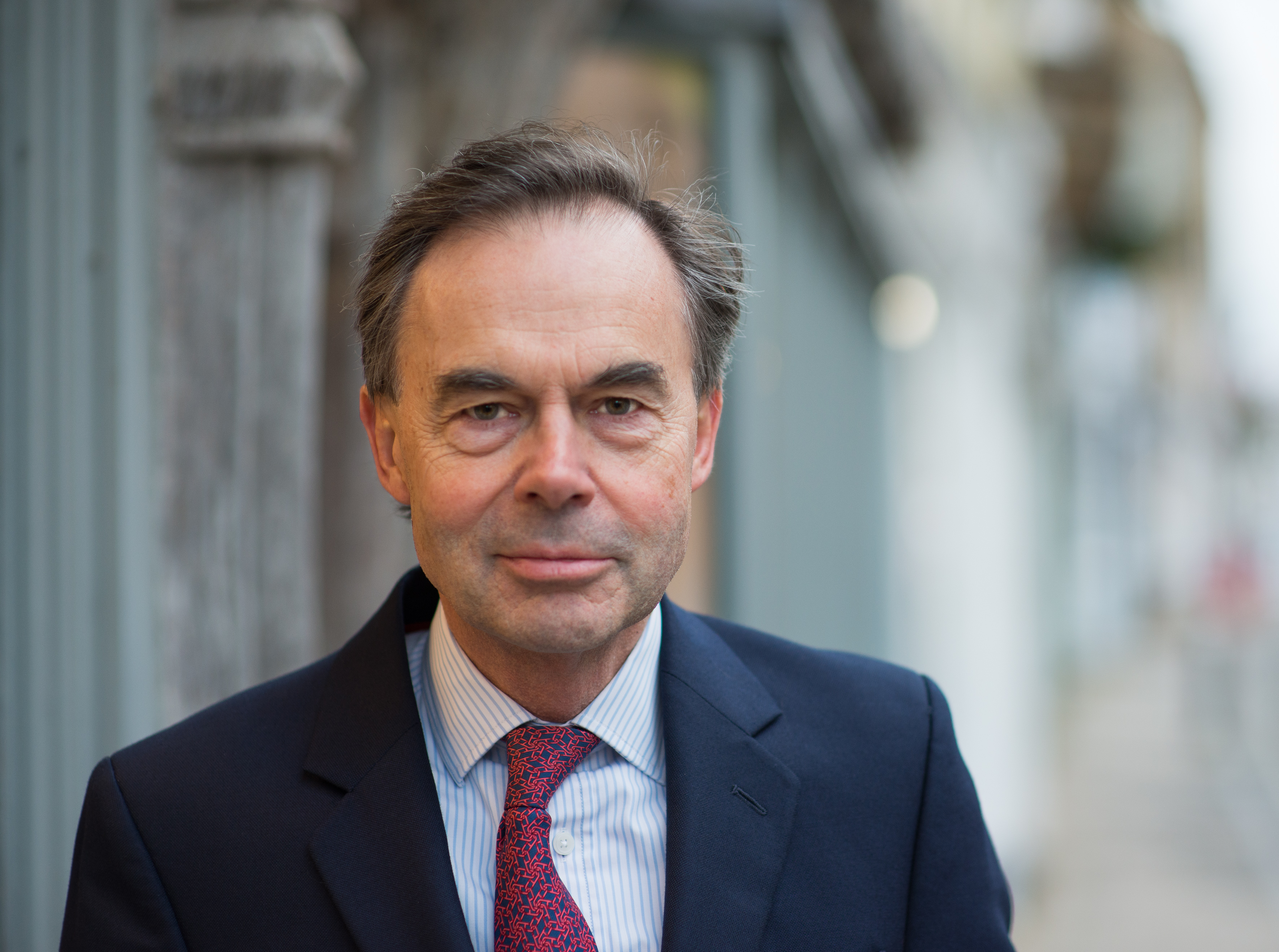James Mahon, Church House CEO delivers his regular quarterly update on global economics & markets
Presidents Trump and Xi Jinping have declared a truce in their trade war. There are to be no further tariffs for the time being and their negotiators are to carry on talking; I wonder if this is to be the norm as we head towards the US Presidential Election next year. There is no doubting that the World’s superpower is feeling unsettled by the appearance of a rival.
It appears that Christine Lagarde is to replace Mario Draghi as President of the European Central Bank (ECB), not an easy job to take on with a stuttering European economy and interest rates at extreme low levels. Let’s hope that her extensive political skill and connections will assist her in persuading recalcitrant European governments that it is time for them to take action to reform their institutions and not leave all the work to the central bank.
Meanwhile, America’s central bank, the Federal Reserve, is under attack from President Trump for their interest rate policies; using colourful language he has been relentlessly criticising Jerome Powell, the Fed’s Chairman. Completely inappropriate behaviour; central bank independence is important. Over here, Mark Carney will leave his job as Governor of the Bank of England in January next year; a replacement has yet to be named.
A truce in the trade war has combined with the prospect of lower US interest rates to bolster markets. It seems clear that the Federal Reserve will lower rates this month, though we wait to see by how much. It is rather less clear how necessary this is.
By the time this returns from the printers we should have a new Prime Minister in 10 Downing Street. Sadly this does mean that the media can re-start the Brexit howls. Sterling is sinking, apparently taking the view that the chances of a ‘no-deal’ Brexit are increasing with the candidates’ rhetoric, though the arithmetic of the Commons still makes this unlikely, and unfortunate for those heading overseas for their holidays. A no-deal Brexit would undoubtedly be difficult for our economy but I fear that a Corbyn administration would be worse, and do longer-lasting damage.
Nothing has really changed since the last quarter when we presented the conundrum of a contrasting valuation between rock-bottom interest rates (high prices for fixed interest securities) and the pricing of ordinary shares. Interest rates have edged ever lower while share prices have risen again. The optimistic view of this is that interest rates are not signalling an imminent recession, rather that they are adjusting to rates being lower for a longer period and, while the world economy will slow this year, it will not stall. That view makes more sense of buoyant stock markets given their higher (earnings and) dividend income prospects. I hope it prevails.
Important information
The above originally featured in our Summer 2019 Private Client Quarterly Review so is for information purposes only and does not constitute advice or a personal recommendation. The value of investments and the income you get from them may fall as well as rise and there is no certainty that you will get back the amount of your original investment. You should also be aware that past performance may not be a reliable guide to future performance.
July 2019
How would you like to share this?

